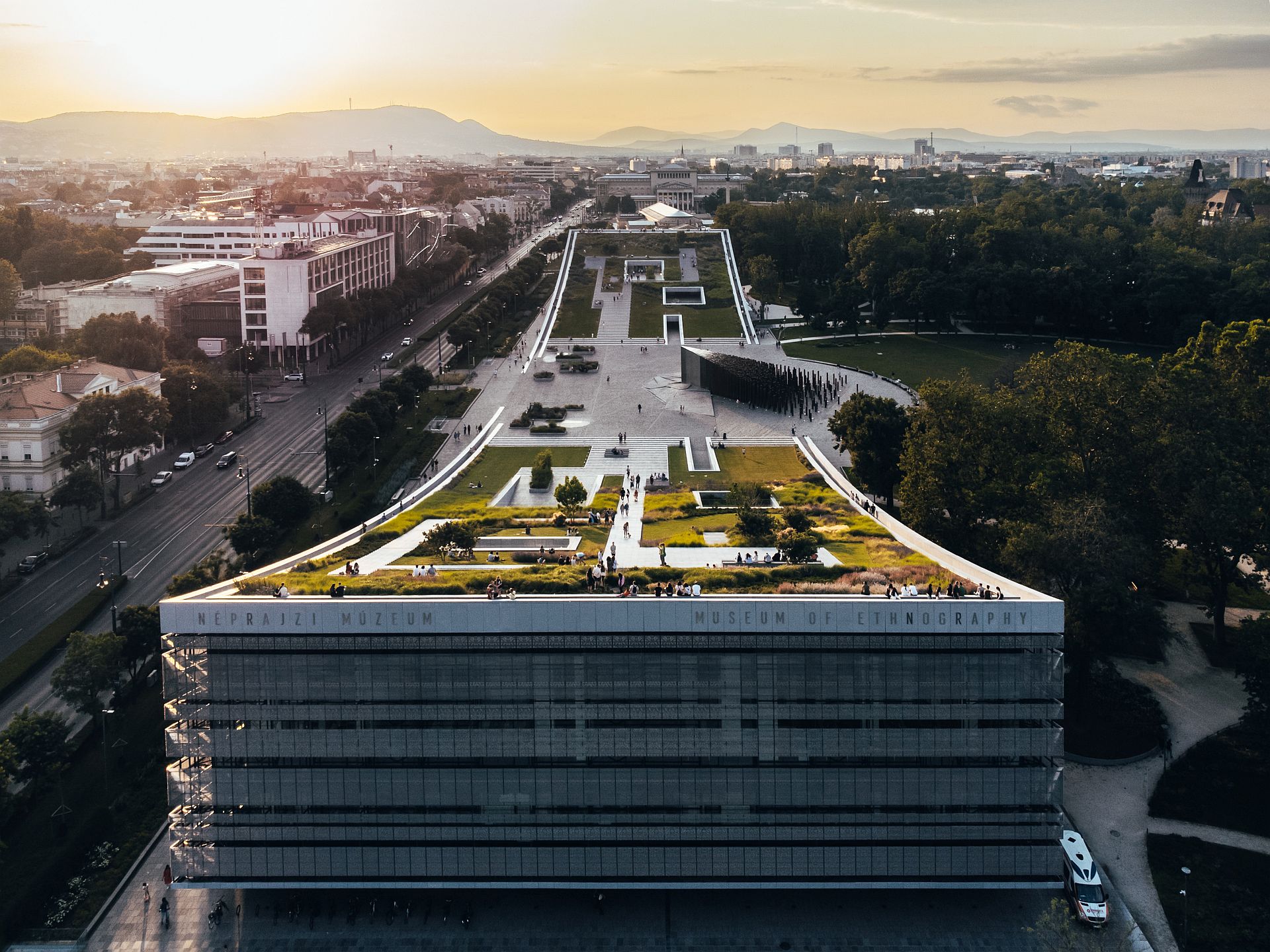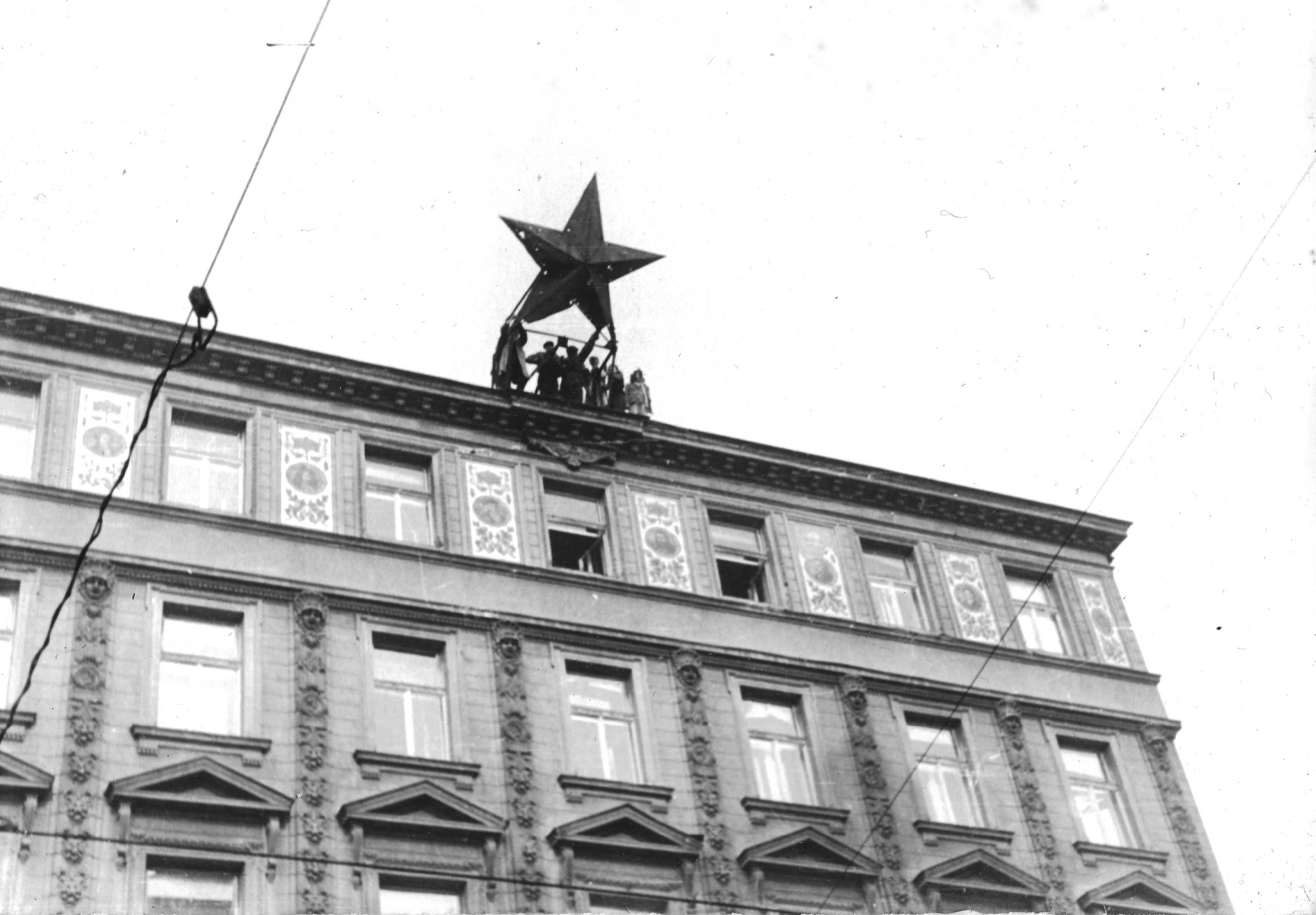
Last year marked a "turning point" for the Museum, with the opening of the permanent exhibition in the building that has won numerous international and national awards.Continue reading

The Historical Archives of the State Security Services (ÁBTL) is launching a new series of personal conversations on the historical traumas affecting Hungarian society. The main focus of the project are the individual and communal traumas associated with the communist dictatorship.
The ÁBTL is an institution that preserves and manages the files of the former State Security and oversees the management of the files of the current secret services. In their new project, writers, historians, church figures, and filmmakers will participate, who will approach the difficult issues of uncovering the past from both a professional and an individual perspective. The dictatorship’s grip on society relied heavily on human frailty and tested individuals and communities for decades. The effects of these “tests” live on in the minds of the next generation.
“Our aim is to help people face this painful history, not by confrontation, but by an honest conversation without taboos,”
says the official page of the ÁBTL.

Photo: Fortepan
Among many other topics, the discussions will be about how to face family secrets, how to deal with personal trauma, the relationship between religious communities and the communist regime, the survival strategies of churches, and moral dilemmas.

Photo: Fortepan/Hegyi Zsolt, Balla Demeter
One of the presenters is Borbála Bibó, the daughter of István Bibó, who was Minister of State in the third Imre Nagy government, which persisted after the Soviet invasion and protested against it. She experienced the revolution of 1956 first hand. She will talk about what has given her strength and support in the face of adversity. Others will discuss the possibilities of processing historical traumas.
Via ÁBTL; Featured picture: Fortepan/Róbert Hofbauer